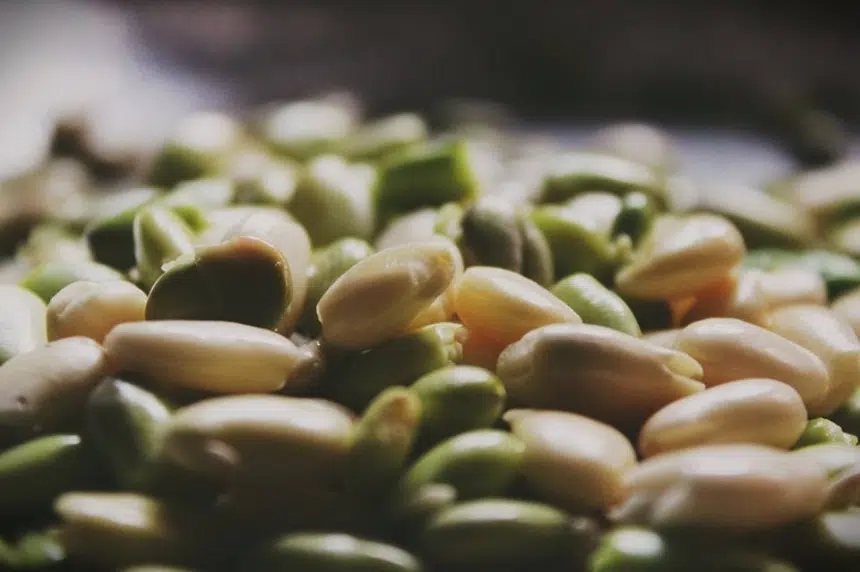Saskatchewan’s agriculture minister leaves Thursday on a trade mission to the Middle East and Asia.
David Marit will make stops in the United Arab Emirates, Bangladesh and India, meeting with government officials and companies to expand, strengthen and promote Saskatchewan’s pulse industry.
“My message is going to be the farmers in Saskatchewan and Western Canada are the most sustainable farmers and we grow the highest-quality food in the world,” Marit said.
Marit will be speaking at a national conference in India called the Pulses Conclave. He will express the importance of a consistent market for farmers in Saskatchewan who are dealing with challenges exporting their products.
India applied tariffs on Canadian pulses in 2017, leading to at least one pulse company with operations in Saskatchewan blaming export struggles for having to enter creditor protection.
“If we don’t have that supply chain going into India, we’re going to find access to other places. Once we establish those markets, it just puts another onus on where is India going to source from?” Marit said.
Saskatchewan is still the biggest importer of pulses in India, with agri-food exports averaging more than $855 million over the last five years.
When asked what realistic expectations he has on India removing the tariffs, Marit said he expects discussions on the topic. He noted India has already looked at alleviating some of the pressures on inspections.
“We’ll just have those discussions and hopefully we can re-engage and build on the relationship that we had,” Marit said.
Marit said it’s also important to look into new opportunities to ensure the province has markets open to its products.
While it has experienced trade barriers in India, Saskatchewan remains Bangladesh’s top supplier of canola seed and its second-largest supplier of wheat, lentils and dry peas.
In 2018, Saskatchewan was also the United Arab Emirates’ largest supplier of canola seed and accounted for 35 per cent of the country’s imports.











